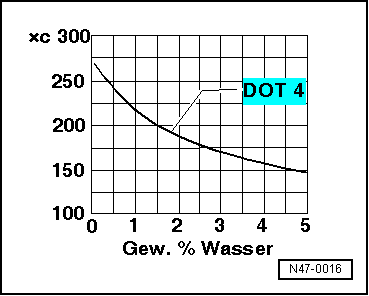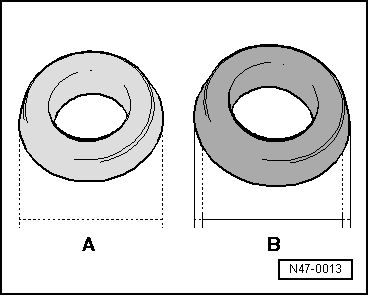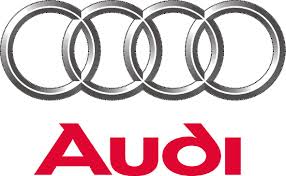A3 Mk1
|
Brake fluid
General
Brake fluid is hygroscopic, i.e. it has a tendency to absorb water and moisture from the atmosphere |
 |
|
|
→ The boiling point decreases with increasing water content, i.e. a considerable rise in brake fluid temperature can lead to formation of vapour bubbles and brake failure. The colour of the brake fluid becomes darker over the course of time. A dark brake fluid colour is not an indication of its condition. The change in colour is caused by chemical reactions and may occur within a short period (several weeks), particularly in the case of vehicles fitted with ABS. Attention:
Rubber parts of brake system (sleeves, sealing rings) are not compatible with mineral oil, petrol and cleaning agents. Even minute quantities coming into contact with a sealing ring or sleeve will affect the components and could impair brake operation. The consequences of a contaminated brake system only become apparent months later but then give rise to great expense, particular in the case of vehicles fitted with ABS. |
 |
|
|
→ A = Sleeve - original size B = Sleeve - swollen due to contact with mineral oil Consequences of the above-mentioned points: Always keep brake fluid containers properly sealed. This is the only way of preventing the ingress of oil, dirt, cleaning agent or moisture. Brake fluid containers should be kept completely separate from oils (including hydraulic fluid) and cleaning agents to prevent any mixture of fluids or even filling of the brake system with an incorrect fluid. |
